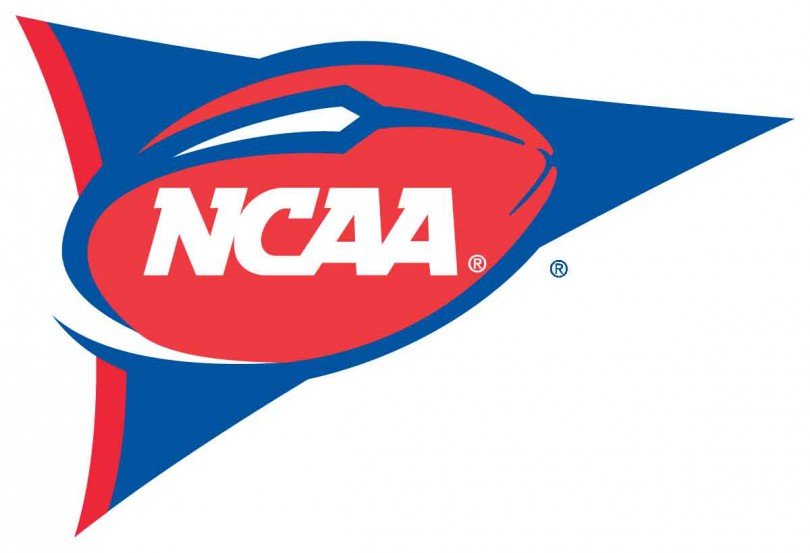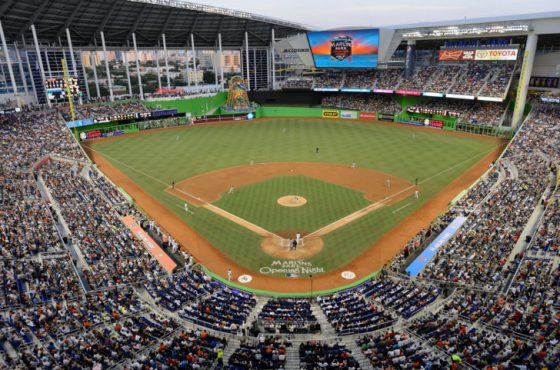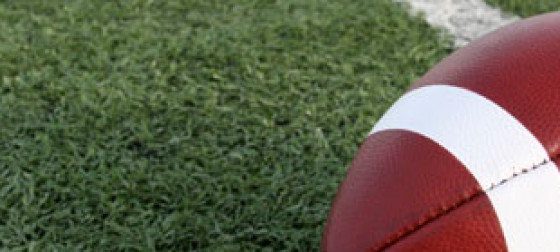How Will the NCAA Deal with Legalized Sports Betting
If New Jersey receives a favorable vote from the Supreme Court ruling to allow sports betting and the court repeals PASPA, the professional sports leagues are likely prepared for the spread of sports betting outside of Nevada. They know sports betting has been going on for decades illegally and this ruling will not be a shock to the system either way.
However, it is not clear how the NCAA will handle this assault on their college monopoly. How can the NCAA deal with legalized sports betting when they are one of the plaintiffs in the New Jersey sports betting case. The NCAA will not go gently into the night without a fight.
Sometimes they think they are above the law and can dish out any ridiculous regulation they deem necessary for their power and influence to survive.
The NCAA’s stance on gambling is well known. They are totally against any type of gambling, especially betting on college sports. The NCAA views betting as a direct threat to the integrity of its games and to the college student athlete.
The NCAA uses federal law — the Professional and Amateur Sports Protection Act — to keep sports betting from expanding outside of Nevada. But if New Jersey beats the NCAA in court and PASPA is repealed as unconstitutional, then the NCAA is bound by the court ruling and has limited options. PASPA gives the NCAA and the pro leagues the power to delay sports betting schemes via the courts. Without PASPA, that power would be gone.
The pro sports leagues have at least been softening their stance on sports betting, with the NBA calling for a federal framework to regulate and tax a sports betting platform in those states that vote to opt-in to the system.
The NCAA does not have a defensive exit strategy if New Jersey wins and other states start to legalize sports betting. How will the NCAA deal with legalized sports betting on their college sports which is a very big business where the athletes are not paid and are subject to overbearing regulations. New Jersey and other states would likely allow wagering on college sports. College football and March Madness are some of the largest betting games in Nevada. To excuse college sports from legal betting would decrease revenue by 50 percent on average. It is not an option for any legal betting entity to consider for their business.
The NCAA could just try to oppose the legalization and regulation of sports betting in any state but their lawyers would find it a losing hand to start with when millions of dollars are in the pot. The states also are not likely to dismiss sports betting entirely just because the NCAA doesn’t like it.
The effort to stop betting on college sports would be a legitimate state-by-state battle, and not one the NCAA could protect with their previous means of dictating their wishes. The stakes are far more complex and judicial for the NCAA to lobby against with any hope of removing this thorn in their side. Their reign is over to some degree from their mighty perch of power and control.
Betting on college sports is big business. Billions of dollars are bet annually on college football and basketball through unregulated offshore sportsbooks. The sports betting industry is very entrenched in Nevada and offshore and is not likely to give up on college sports betting without a fight. The NCAA needs to adapt to the reality of sports betting and not turn a blind eye to the inevitable changes of social acceptance.
College sports betting has existed over 50 years and the NCAA still has their throne to rule from even if they lose this battle. They will remain in existence while turning the other cheek without to much regret by getting it over sooner than later.
bfraser1011@gmail.com





